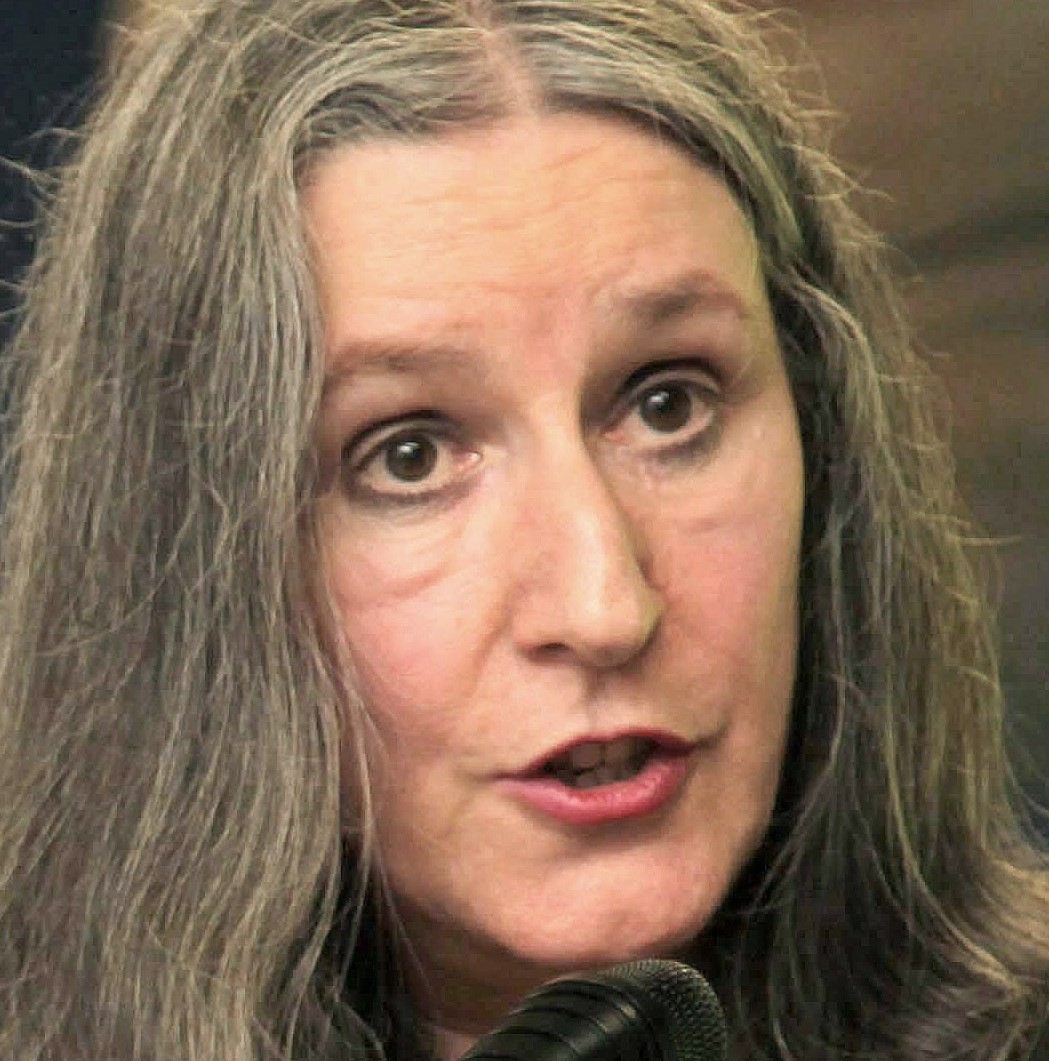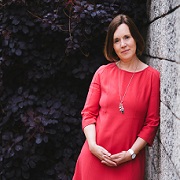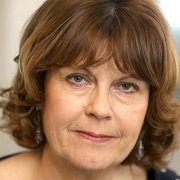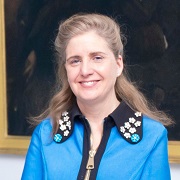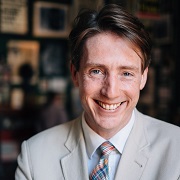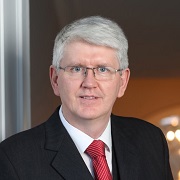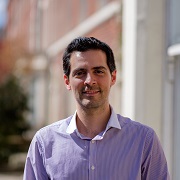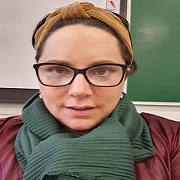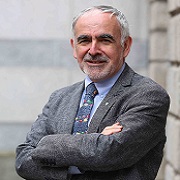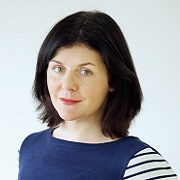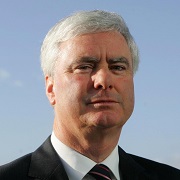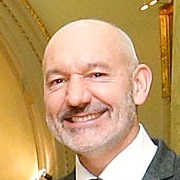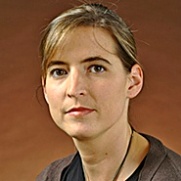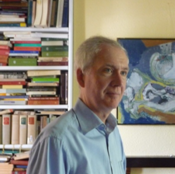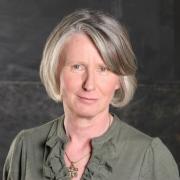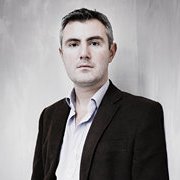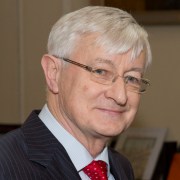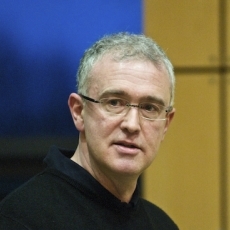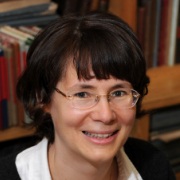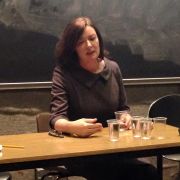“What do the humanities mean to you” is an odd question. It is like being asked what does breathing mean to you. The problems addressed by the humanities are, by definition, those that concern us as human beings, if not in our daily lives then certainly in our emotional, intellectual and social lives. This may seem an odd position for a natural scientist to adopt, but scientists are human, science is a social activity, and we live in complex societies that require us to have elaborate theories of mind about the other actors with whom we interact. Even if we do not consciously analyse them as academic theories, we can no more ignore the humanities than we can live in a vacuum. To communicate our ideas as scientists we need to use the classical tools of logic and rhetoric. To navigate the difficult interface between science and policy we need to have some understanding of the social sciences and politics. To get funding we have to understand the basics of economics. And at a deep level, we can only really understand our science if we have some knowledge of its epistemological basis and intellectual history.
The utilitarian may well ask what practical benefit the humanities bring. I answer that, as long ago pointed out by Keynes, the most powerful things in the world are ideas. Not so long ago, and still regrettably in parts of the world, if you had the misfortune to be involved in a crime you might be subject to torture and if convicted sentenced to death. That this is now regarded as abhorrent in much of the world is not due to any sudden change in human nature but to the work of legal scholars, ethicists and philosophers who have created the ideas of due legal process, human rights and the dignity of man. Would this have happened without the humanities? Almost certainly not. Nor would women enjoy the status they do (even if much remains to be done) without gender studies and feminist critiques of society. Of course not all ideas are good, and we see worrying examples in these times of a resurgence of ideas we thought long defeated, but on balance I am convinced that the intellectual work of humanities scholars has incomparably improved our social and political lives, much as the natural sciences have improved our material lives.
In addition art criticism, musicology, history, cultural theory etc all make life more interesting, enrich our appreciation of the creative arts, contribute to our sense of identity and give us great pleasure. So my answer to the question is that the humanities, even if only at an instinctive level, are integral to our social and intellectual lives, part of what makes us human, and we can no more ignore them than we can stop breathing.







